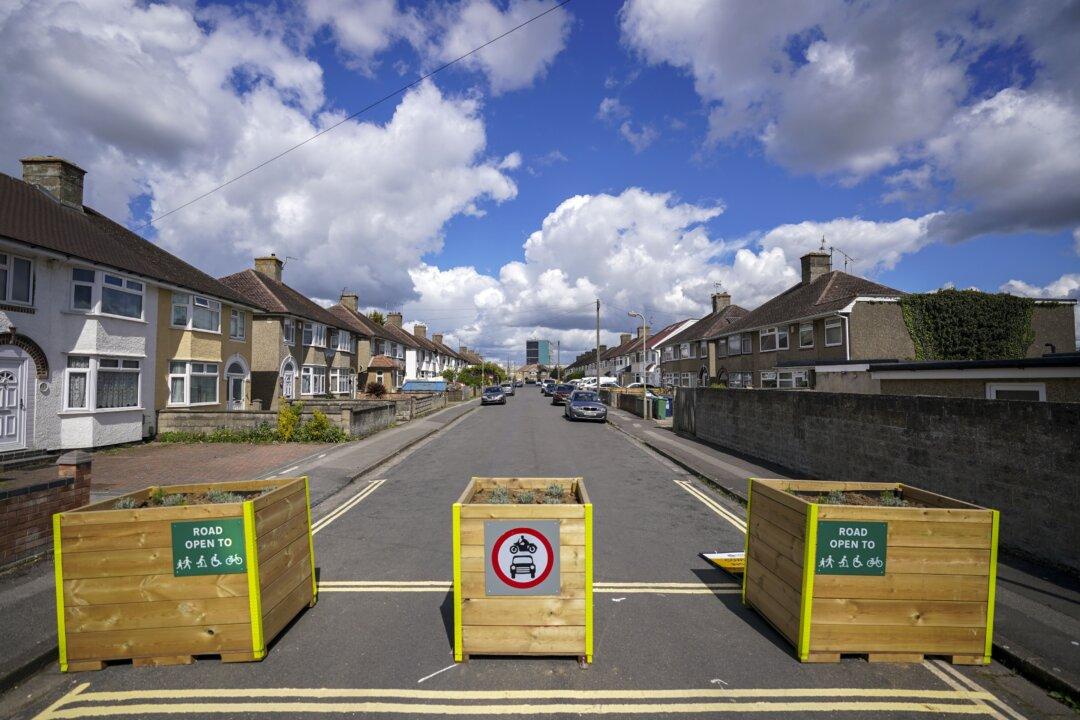Prime Minister Rishi Sunak has pledged to stop schemes like Low Traffic Neighbourhoods (LTN)s and 20-mile-per-hour (mph) zones from being “done in a blanket way.”
The prime minister told The Sun in an interview that he’s “slamming the brakes on the war on motorists” in the government’s latest move to roll back the so-called green policies ahead of the next general election.





